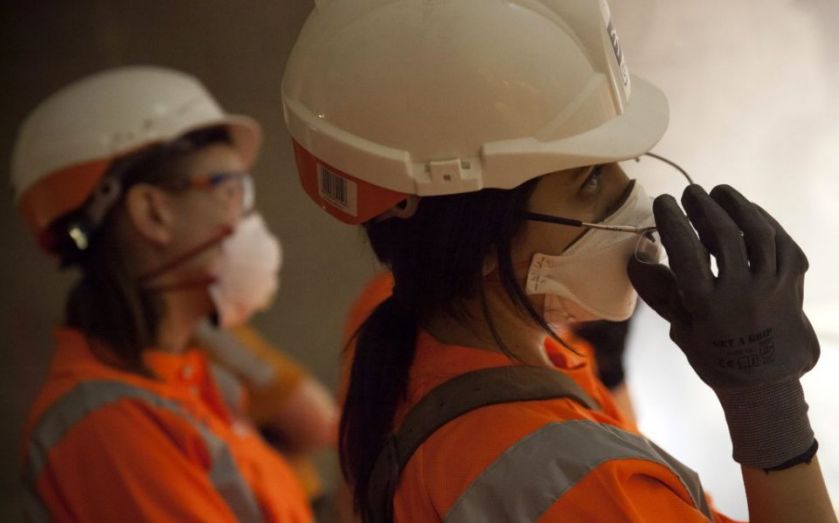National Women in Engineering Day: Stereotypes are creating a huge skills gap in the UK’s engineering sector

National Women in Engineering Day isn’t just a celebration. It’s a landmark opportunity to draw attention to a critical economic factor that can no longer be ignored: women need to fill an ever-growing engineering skills gap.
Quite simply, the UK economy will not do well without engineers. Without skilled workers it is hard for a business to grow – a recent survey of British firms by the Institution of Engineering and Technology reported over 59 per cent said the skills shortage was “a threat to their business in the UK”.
According to a recent report by the Organisation for Economic Co-operation and Development, improving these skills could add £2.33 trillion a year to the UK economy – an impressive prediction for the potential future of this country that cannot be brushed aside.
Unfortunately for the UK, we have the lowest proportion of female engineers in Europe – just nine per cent of engineers are women, compared with 18 per cent in Spain, 26 per cent in Sweden and 20 per cent in Italy.
But given the same opportunities and support as men from an early age, women are just as likely to choose to study and work in engineering. They are just as likely to flourish in this well-paying, creative and rewarding career.
I studied physics and then engineering because I loved these subjects. At university, it never bothered me that my physics course was extremely male-dominated, and I don’t believe being a woman is holding me back in my career now.
However, this is not the case for many young women. Science and maths are still heavily gendered as male. From a young age, there’s this idea that science is not for girls, that it’s not cool. To add to this, there’s a severe lack of successful female scientists and engineers to act as role models for young girls to relate and aspire to.
Regardless of their esteemed accomplishments, an old man in a white coat just doesn’t spark that drive in young girls.
Equally, the concept of what engineering actually is varies wildly. It can mean anything from the guy fixing our washing machines to the builder on-site. This leads to vicious cycle of misinterpretation and misleading stereotypes.
To resolve this problem we need make clear to young women what engineering is, and the multiple career paths it can open. We need to get it out there – talk to students, parents, teachers and corporations. I worry that girls are ruling themselves out of fantastic career opportunities because of stereotypes, or the perception that they have to be a genius to become an engineer.
This is why I am an ambassador for the Your Life campaign – it allows me to spread the word, talk to women about the importance and reality of engineering and hopefully give them someone to look up to.
For example, today, as part of the Ford Experience Day in celebration of Women in Engineering day, I will be mentoring four young women on engineering and the career opportunities it can open.
These girls are winners of Your Life’s national competition, the Formula 100, in which they triumphed by entering a video of themselves explaining ‘what they would invent and why’. It’s great to be part of a campaign that is so proactive and creative within this space – exploring ways to make Science and Maths a more appealing option to young people.
However, more still needs to be done. Not just to support young women, but to support the UK’s economy. We need to be thinking about women in engineering every day – not just celebrating their achievements once a year.